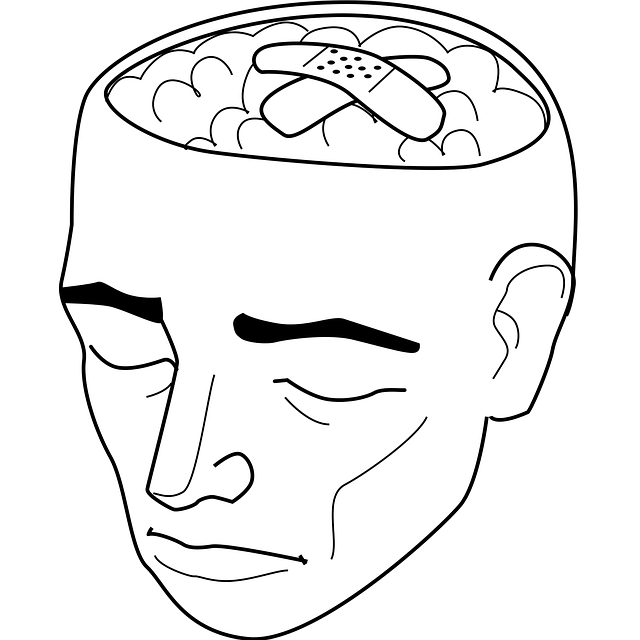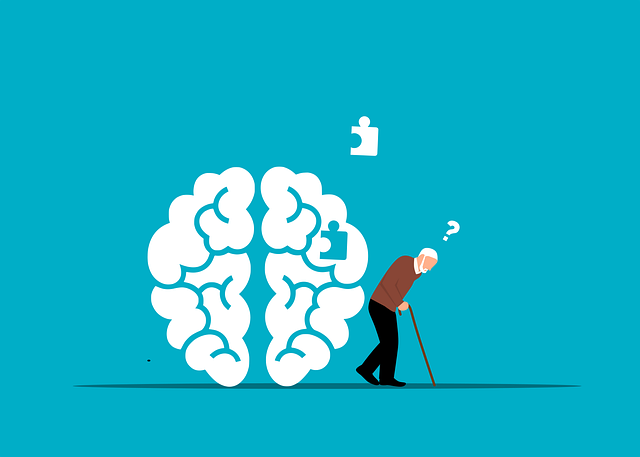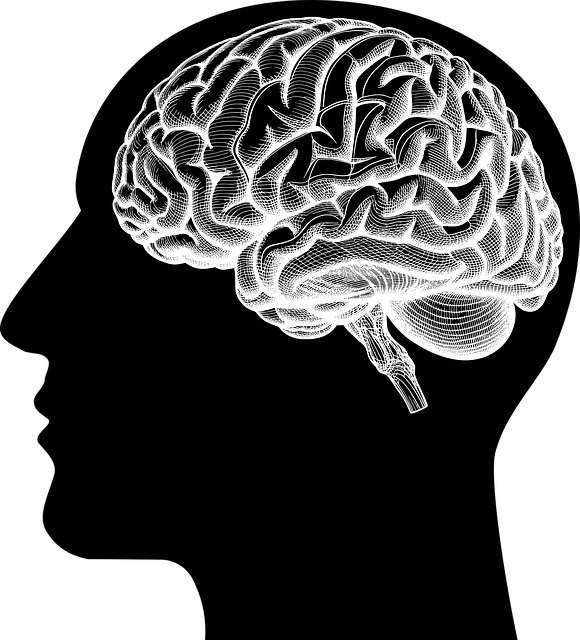Self-care is a vital tool for managing mental and emotional aspects of Superior Cancer Issues Therapy, addressing holistic needs during treatment challenges. By prioritizing emotional intelligence, mindfulness, and psychological resilience, patients can enhance coping mechanisms against stress and anxiety. This proactive approach encourages awareness and balanced practices like tailored exercise, healthy eating, and relaxation techniques. Support from healthcare providers with cultural competency training offers individualized self-care strategies, ensuring a healthy mind-body connection throughout therapy. Cultivating resilience is key for cancer survivors, managing physical and emotional scars and overcoming post-treatment hurdles through mindfulness and empathy-building, fostering a supportive network and promoting problem-solving skills.
Self-care is an essential aspect of overall well-being, especially for those navigating cancer therapy. In this article, we explore the significance of self-care practices and their impact on cancer survivors’ long-term health. We delve into understanding the foundation of self-care, its challenges during treatment, and practical strategies to integrate self-care routines. By examining these aspects, we aim to empower individuals to cultivate resilience and enhance their quality of life in the face of superior cancer issues therapy.
- Understanding Self-Care: The Foundation for Well-being
- Navigating Cancer Therapy and Its Impact on Self-Care Routines
- Strategies for Integrating Effective Self-Care Practices
- Cultivating Resilience: Long-term Self-Care for Cancer Survivors
Understanding Self-Care: The Foundation for Well-being

Self-care is an essential practice for maintaining overall well-being and addressing superior cancer issues therapy challenges. It involves a holistic approach that extends beyond physical health, encompassing emotional intelligence, mental clarity, and psychological resilience. By prioritizing self-care, individuals can enhance their ability to cope with stress, anxiety, and the unique demands of navigating cancer treatment and its aftermath.
This practice serves as a foundational strategy for risk management planning among mental health professionals, fostering better emotional regulation. It encourages individuals to become aware of their needs and take proactive steps to maintain balance. Whether it’s engaging in mindfulness practices, cultivating healthy habits, or seeking support from loved ones, self-care empowers people to navigate life’s challenges with greater equanimity and a renewed sense of vitality.
Navigating Cancer Therapy and Its Impact on Self-Care Routines

Navigating cancer therapy can be a challenging journey, significantly impacting individuals’ self-care routines. The demanding nature of treatments, including chemotherapy and radiation, often leaves patients exhausted, both physically and emotionally. During this time, prioritizing self-care becomes even more crucial for managing symptoms and maintaining mental well-being. Many people struggle to maintain their established self-care practices due to the energy demands and side effects associated with cancer issues therapy.
Adapting and developing a new routine is essential for those undergoing Superior Cancer Issues Therapy. Incorporating stress reduction methods, such as mindfulness meditation or light exercise, can help restore balance. Mind over matter principles encourage patients to focus on positive thoughts and self-compassion, which are vital tools in managing anxiety and fear. By integrating these practices into their care plans, individuals can enhance their resilience and overall quality of life during treatment and beyond.
Strategies for Integrating Effective Self-Care Practices

Integrating effective self-care practices into your daily routine is a powerful tool for managing and improving overall health, especially in the context of navigating challenging medical conditions like cancer. A holistic approach to self-care involves addressing both physical and emotional well-being. For individuals facing cancer issues, this might include regular exercise tailored to their abilities, healthy eating habits, and adequate sleep to support the body’s healing process. Incorporating relaxation techniques such as meditation or deep breathing exercises can significantly aid in stress reduction and anxiety management.
Moreover, seeking support from a healthcare provider with cultural competency training is invaluable. They can offer guidance on self-care strategies tailored to individual needs while also addressing any mental illness stigma reduction efforts. Regular check-ins with professionals who promote emotional well-being through evidence-based techniques ensure individuals have the resources to maintain a healthy mind and body connection throughout their therapy journey.
Cultivating Resilience: Long-term Self-Care for Cancer Survivors

Cancer survivors often face unique challenges as they navigate the path to recovery and beyond. One crucial aspect of long-term self-care for this demographic is cultivating resilience, which enables them to adapt and thrive in the face of adversity. Building emotional strength and a positive mindset can significantly enhance their overall well-being. This process involves adopting effective coping mechanisms, such as mindfulness practices and empathy-building strategies, to manage the physical and emotional scars left by cancer.
Implementing self-care routines that incorporate stress management techniques and depression prevention measures is essential. By prioritizing their mental health, survivors can foster a sense of control and resilience, which are vital in overcoming the challenges associated with superior cancer issues therapy. Through these practices, they can build a supportive network, enhance their problem-solving skills, and develop a deeper understanding of their emotional needs, ensuring a more fulfilling recovery journey.
In navigating the complexities of cancer therapy, prioritizing self-care becomes an indispensable tool for well-being. By understanding the impact of treatment on daily routines and adopting tailored strategies, individuals can enhance their resilience and long-term health. Integrating effective self-care practices allows for a holistic approach to healing, ensuring that both mind and body are nurtured throughout the journey. As cancer survivors, cultivating resilience is key to thriving beyond the challenges faced, enabling individuals to embrace life with renewed vitality and purpose.











